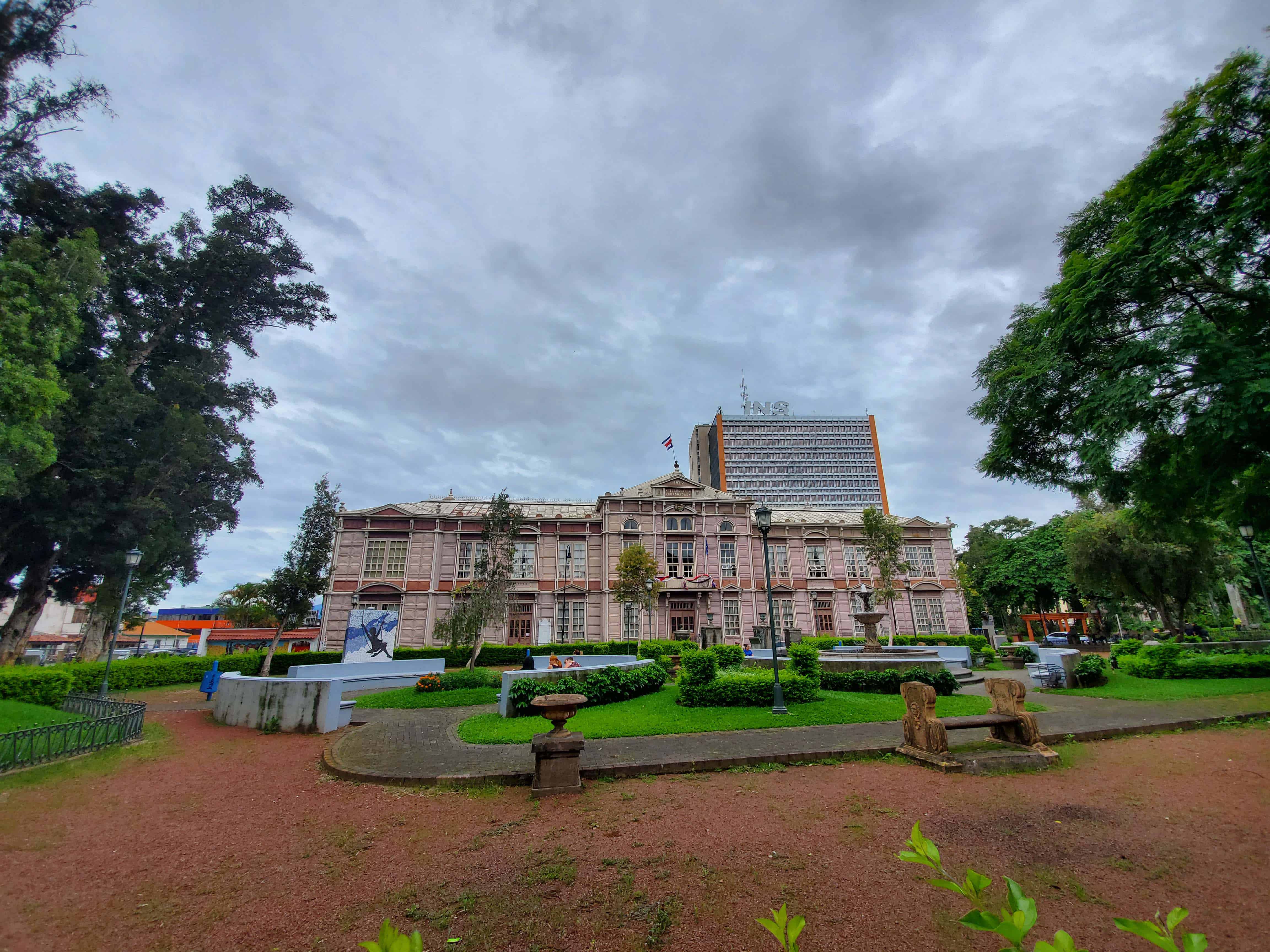The Ministers of Education of Central America pledged Wednesday to reopen their schools in an “urgent and gradual” manner, especially in countries where face-to-face classes remain suspended as a pandemic containment measure.
The commitment was adopted after a virtual meeting of the Council of Education Ministers, known as CECC/SICA (Central American Educational and Cultural Coordination), according to a statement issued in conjunction with UNICEF from Panama City.
“It is an urgency, a necessity and an affirmative action in terms of the right to education. We have to continue, those of us who are already in that process. And those who are not, take that firm step,” said Giselle Cruz, the Costa Rican Minister of Education and president of CECC/SICA.
“Today is a day of hope for millions of children who are still out of the classroom,” said UNICEF regional director for Latin America and the Caribbean, Jean Gough.
“We welcome this firm stance that aims to guarantee the right to education … especially for the most vulnerable. UNICEF is committed to supporting and guiding its implementation.”
Latin America and the Caribbean is the region most affected in the world by the prolonged closure of schools, UNICEF reported.
Sixty percent of all students in Latin America and the Caribbean have not yet had access to face-to-face classes, the UN agency detailed.
Not a vector of contagion
According to a statement from CECC/SICA and UNICEF, there are 12 million Central American students who have not yet returned to the classroom.
Honduras, Panama and Belize continue without face-to-face classes, while El Salvador and the Dominican Republic plan to open in April. Meanwhile, Guatemala, Nicaragua and Costa Rica have resumed in-person teaching.
Despite the concerns about the pandemic, “we have seen that the educational center is not necessarily a source of contagion, but that the contagion is carried to the educational center,” Minister Cruz said to AFP.
“If a situation (of contagion) occurs, we know what to do,” she said.
For Cruz, having response protocols ready and well-communicated to the public has generated trust in parents.
The reopening should be done while “taking care of health, with all health protocols,” she said.
Costa Rica was one of the first nations in Latin America to start vaccinations against Covid-19 at the end of 2020 and to partially reopen its schools in 2021.
In the first month of resumption of classes in her country, with 4,400 schools reopened, Covid-response measures have been activated in 167.
“This does not mean infections, but possible infections,” she said.
If a child or staff member tests positive in Costa Rica, “an assessment is made” to isolate close contacts. The school can remain open, except in extreme situations.
“To date we have not had to [close a school],” the minister explained.
In Costa Rica, when classes began in early February, the average number of daily Covid cases in a week was about 400. As of March 16, that figure has showed a slight downward trend.
Kids return with joy
In Costa Rica, schools use a hybrid model — some days online, others in-person — to ensure physical distancing in the classroom.
“We’re going little by little,” Cruz specified.
For the minister, reopening is necessary “not only because of the learning issue, but also because of the need for coexistence in the educational center, to provide the opportunity to eat, and for the mental health of students and families.”
“I have seen as a common denominator a great joy from the students for the reopening. They are convinced that it is better to be in the educational center than to be at home,” said Cruz, who toured schools in the northwest of her country on Wednesday.
The minister also affirmed that an immediate challenge will be the resumption of classes after the Easter holidays, when many families will go on vacation.






